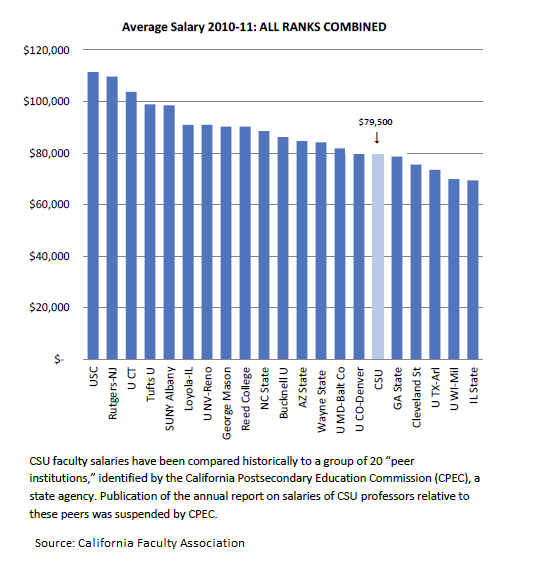CFA Salaries
Post on: 10 Апрель, 2015 No Comment

Table of Contents
CFA Overview
The Chartered Financial Analyst (CFA) designation is a professional certification awarded by the CFA Institute. The CFA program provides instruction in a variety of topics such as investment management, accounting, economics, ethics, and financial analysis of stocks, bonds, and derivatives. Passing the series of exams and completing the CFA program can lead to substantial increases in CFA salaries. The CFA charter is a highly respected and prestigious designation that is globally recognized by employers and investment professionals.
CFA Requirements
In order to become a CFA charter holder and enjoy the benefits of increased CFA salaries, candidates must pass three sets of six-hour exams, have a bachelor’s degree from an accredited institution, and have at least four years of qualified work experience. CFA charter holders are required to follow to a strict code of ethics and rules that governs both their professional and personal conduct. As of August 2010, the CFA Institute reported global membership of more than 90,000 CFA charter holders.
CFA Exam
The CFA exam consists of three parts (levels) and candidates generally take one exam per year. Level I is offered twice a year in June and December and Levels II and III are offered once a year in June. All three exams are administered on paper in a single day.
Each exam takes an entire day and consists of 6 hours of testing as well as several hours for breaks and registration time. Level I has a total of 240 multiple choice questions. Level II has 120 multiple choice questions structured into 20 six-question groups. Level III consists of a session of free response, essay type questions and a session of 10 six question groups. While passing one or more tests will benefit the candidate, they will not see the true increase in CFA salaries until they have passed all the exams.
All three levels have a strong focus on ethics as this is one of the underlying themes of the CFA program. Level I places heavy emphasis on equity valuation, financial statement analysis, as well as an introduction to economics, statistics, and portfolio management. Level II again focuses on financial statement analysis and expands asset valuation to subject areas such as fixed income, derivatives, and alternative investments. Level III emphasizes portfolio management strategies and provides real life application of these strategies across different asset classes.














